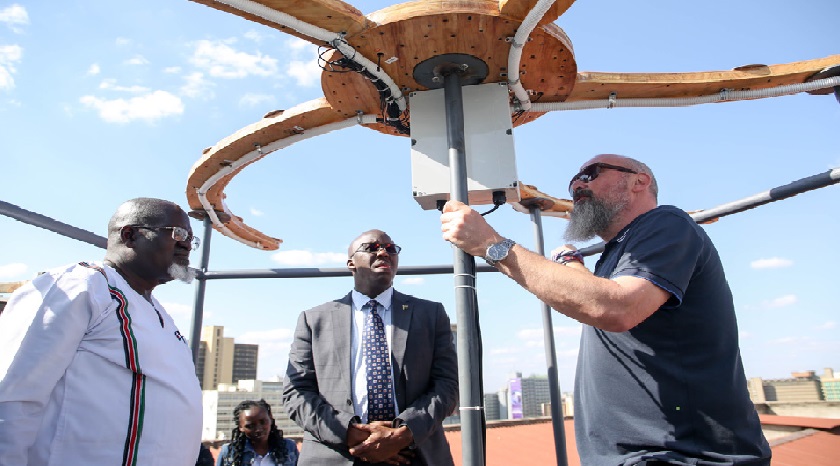According to two sources familiar with the matter, Meta is gearing up to terminate employees within its Reality Labs division, specifically those involved in the development of specialized silicon for the metaverse.
On Tuesday, a post on the internal discussion board Workplace of Meta alerted staff members of the layoffs. According to one of the people, the post stated that they will be informed of their employment status with the organization by early Wednesday morning.
The intentions were not discussed further by a Meta representative. The size of the cuts to the Facebook Agile Silicon Team, or FAST, silicon unit could not be ascertained by Reuters.
If the cuts are deep, they could hamper Chief Executive Mark Zuckerberg’s project to build augmented and virtual reality products enabling access to a set of immersive virtual worlds known as the “metaverse,” particularly the AR glasses that he has predicted “will redefine our relationship with technology.”
The FAST unit, which has roughly 600 employees, worked on developing custom chips to equip Meta’s devices to perform unique tasks and operate more efficiently, differentiating them from others entering the nascent AR/VR market.
However, Meta has struggled to make chips that can compete with silicon produced by external providers and has turned to chipmaker Qualcomm (QCOM.O) to produce chips for its devices currently on the market.
A restructuring of FAST has been expected since the spring, when Meta hired a new executive to lead the unit.
A separate chip-making unit in Meta’s infrastructure division focused on artificial intelligence work has likewise hit roadblocks. The executive overseeing those efforts announced her departure last week, although Meta has appointed someone else to take over her role and continue those efforts.
Meta currently makes a line of mixed reality headsets called Quest and smart glasses designed with Ray-Ban eyeglass maker EssilorLuxottica (ESLX.PA) that can stream video and speak with wearers through a new AI virtual assistant.
It announced new versions of the smart glasses and its consumer-oriented Quest headset, Quest 3, at its annual Connect conference last week.
The company is also working on more technically challenging and less bulky AR glasses that look more like regular glasses, along with associated smart watches, according to one of the sources.
A first version of that product is set to be completed next year, although Meta is not initially planning to make it widely available to consumers, the source said.
Since November of last year, Meta has cut over 21,000 positions in an effort to reassure investors that it is controlling costs in the face of slowing revenue growth, increasing inflation, and worries that Reality Labs is losing too much money.
The majority of this year's layoffs, according to a statement from Mark Zuckerberg in March, will take place in the spring, but "in a small number of cases, it may take through the end of the year to complete these changes."












